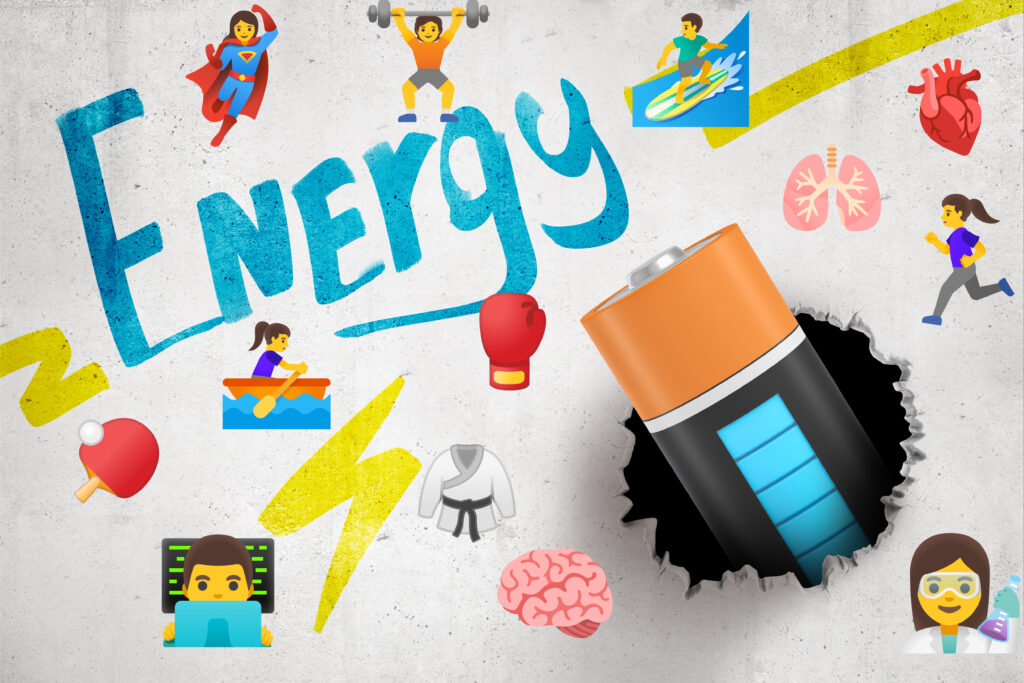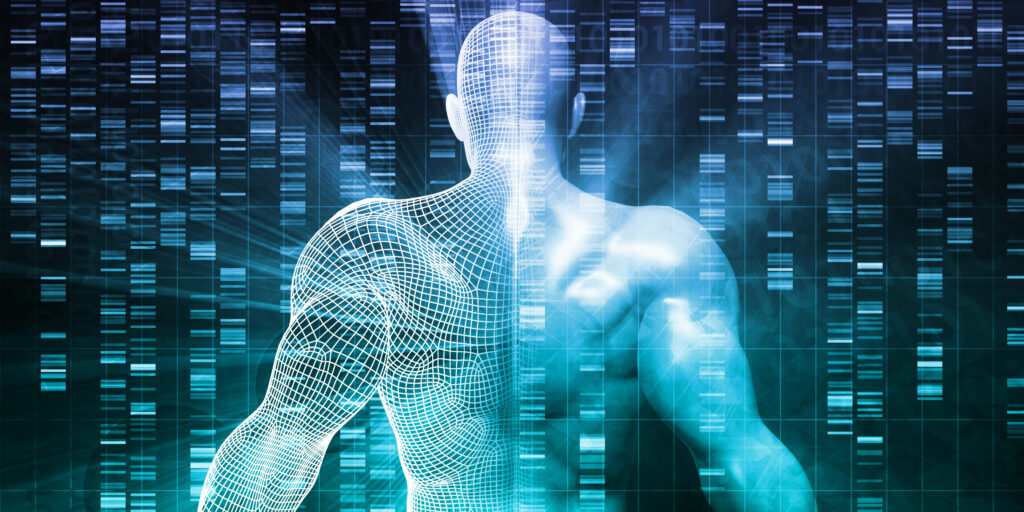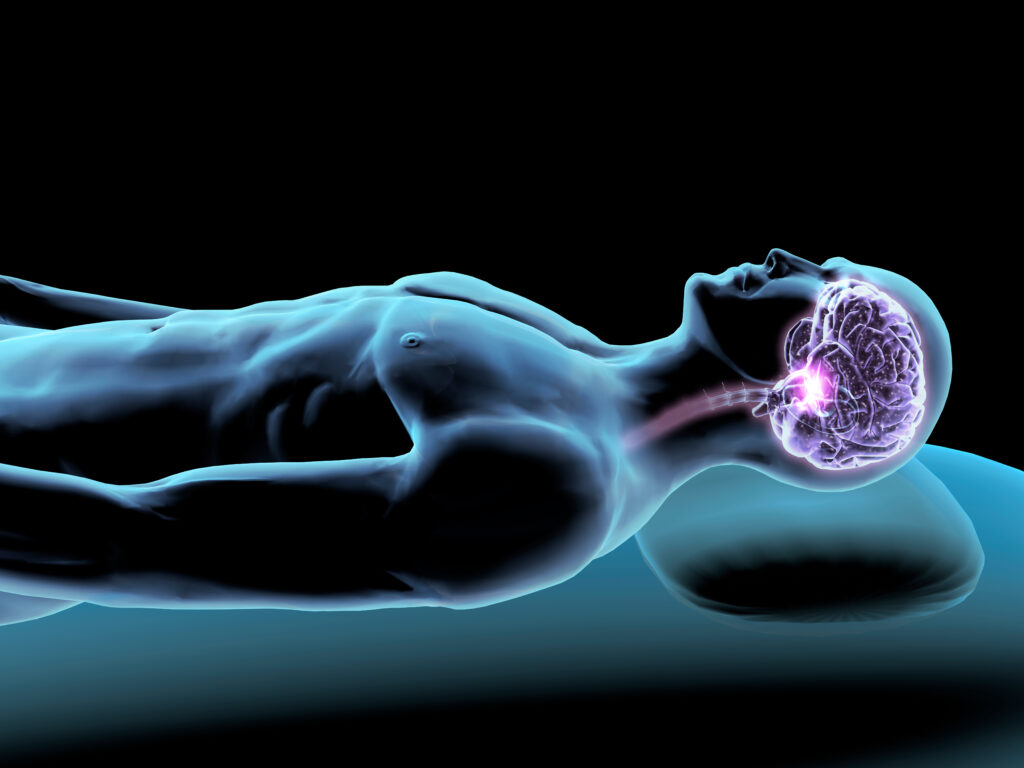Caffeine, the most widely consumed psychoactive substance globally, is the best-known ingredient of coffee.
Coffee has been both praised and mocked for centuries. It has been blamed for causing impotence and madness, other times, it has been hailed as a cure for laziness or a “gift from heaven.” But what are the actual, scientifically proven pros and cons of coffee we know today?
HEALTH BENEFITS OF COFFEE

1. Coffee helps you focus and stay alert.
Moderate caffeine intake, 1-3 cups a day, helps you focus and improves your mental alertness.
2. Coffee boosts your physical performance.
Have a cup of black coffee about an hour before a workout, and your performance can improve by 11-12%. Caffeine increases adrenaline levels in your blood. Adrenaline is your body’s “fight or flight” hormone which helps you prepare for physical exertion.
3. Coffee protects your brain.
High caffeine levels in your blood reduce the risk of Alzheimer’s disease. It also lowers the risk of dementia.
4. Coffee reduces the risk of Parkinson’s disease.
Studies have shown that regular coffee drinking decreases the risk of Parkinson’s disease by 25 %. There’s evidence that coffee causes activity in the part of the brain affected by Parkinson’s.
5. Coffee brightens your mood, helps fight depression, and lowers the risk of suicide.
Caffeine stimulates the central nervous system and boosts the production of neurotransmitters like serotonin, dopamine, and noradrenaline, which elevate your mood.
6. Coffee may help you lose weight.
Coffee contains magnesium and potassium, which helps the human body use insulin, regulate blood sugar levels, and reduce your craving for sugary treats and snacks.
7. Coffee helps you burn fat.
Caffeine helps fat cells break down body fat and use it as fuel for training.
8. Coffee protects your body.
Coffee contains a lot of antioxidants that work as little warriors fighting and protecting against free radicals within your body.
DISADVANTAGES AND RISKS OF COFFEE DRINKING

Coffee is the number one pesticide sprayed crop in the world. Because coffee beans are so expensive compared to other crops, farmers will do everything it takes to protect their crops from various pests using pesticides and fertilizers to help them grow.
Pesticides are strongly linked to Alzheimer’s Disease, ADHD, cancers of the brain, breasts, prostate, testis, ovaries, neurological disorders, Parkinson’s disease, childhood leukemia, lymphoma, asthma, etc. Pesticides’ reproductive harm includes birth defects, stillbirth, spontaneous abortion, sterility, and infertility.
IF YOU CAN’T GET ORGANIC COFFEE, THEN YOU BETTER SKIP THE COFFEE ALTOGETHER!
At high doses, caffeine can produce these common side effects:
• Diarrhea
• Sweating
• Nausea
• Increased heart rate
• Increased breathing rate
• Muscle tremors
Withdrawal symptoms can occur when you stop taking caffeine after using it regularly for a long time. These symptoms include:
• Headaches
• Sleepiness
• Low energy levels
• Bad moods
Coffee can cause insomnia and restlessness.

When you’re using a lot of energy, your body produces a hormone called adenosine which causes you to feel fatigued. Caffeine binds with your adenosine receptors, preventing you from feeling tired. This effect reaches its maximum 30-60 minutes after drinking coffee, but doesn’t entirely stop for up to 6 hours.
So rather than giving you energy, caffeine just masks your fatigue. Your heart rate and blood pressure increase and you get that energy rush. This can lead to side effects like increased tiredness, caffeine dependency, or coffee jitters.
Have your coffee with some food and wait to have it at least an hour after waking. This will slow the absorption of the coffee so that there is less of a spike in the energy you get from the caffeine, creating a slower come up and a better lasting buzz.
Insomnia and lousy sleep
Caffeine can have a disruptive effect on your sleep. The most apparent effect of the stimulant is that it can make it hard for you to fall asleep. Caffeine can delay the timing of your body clock. These effects will reduce your total sleep time. Caffeine also can reduce the amount of deep sleep that you enjoy.
Avoid having coffee within 8 hours of sleeping to ensure it is no longer in your system when you want to sleep.
